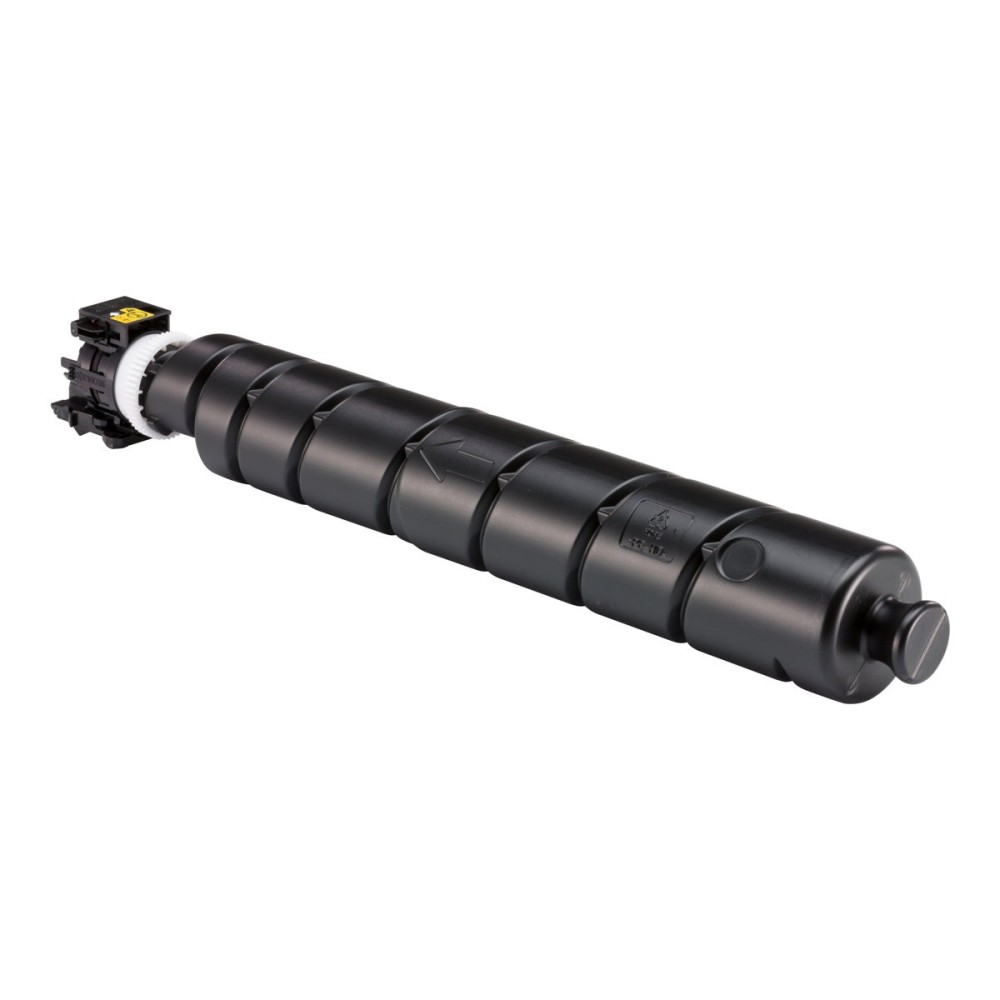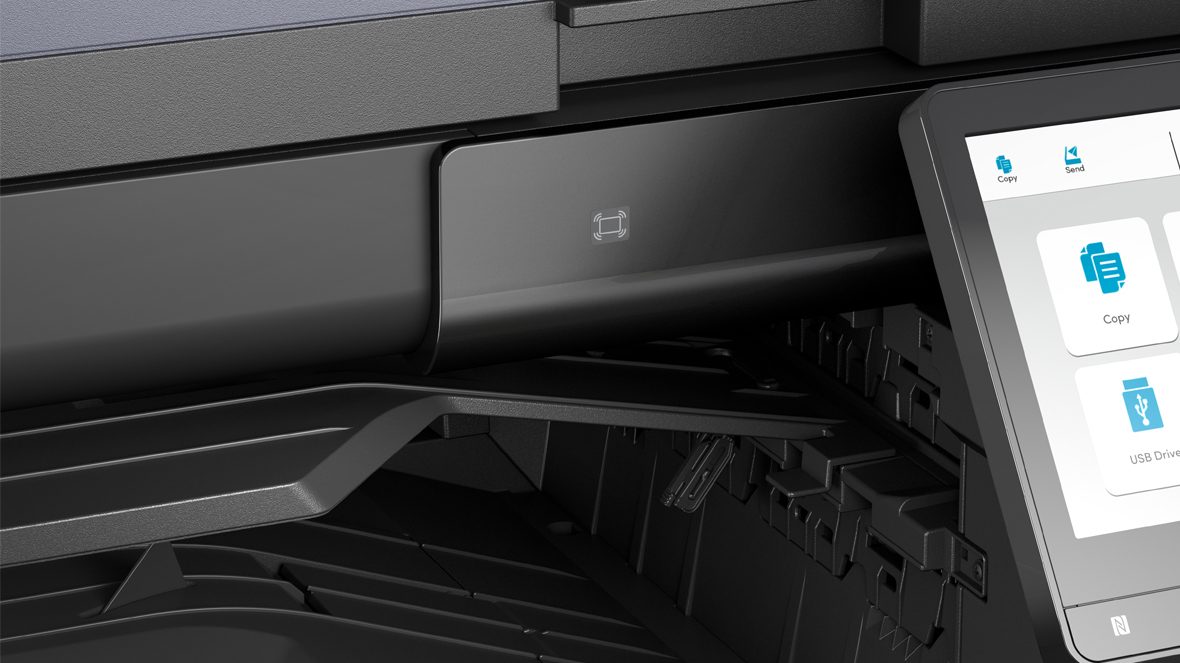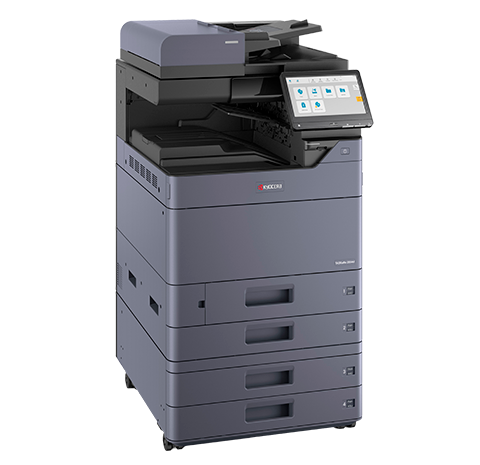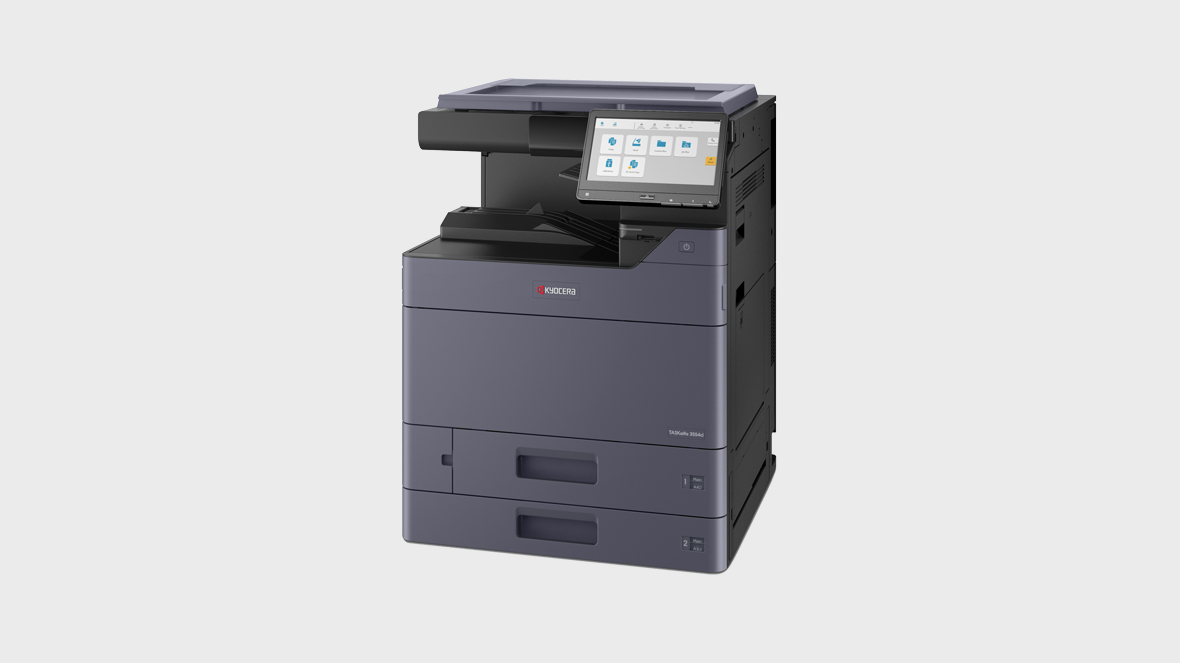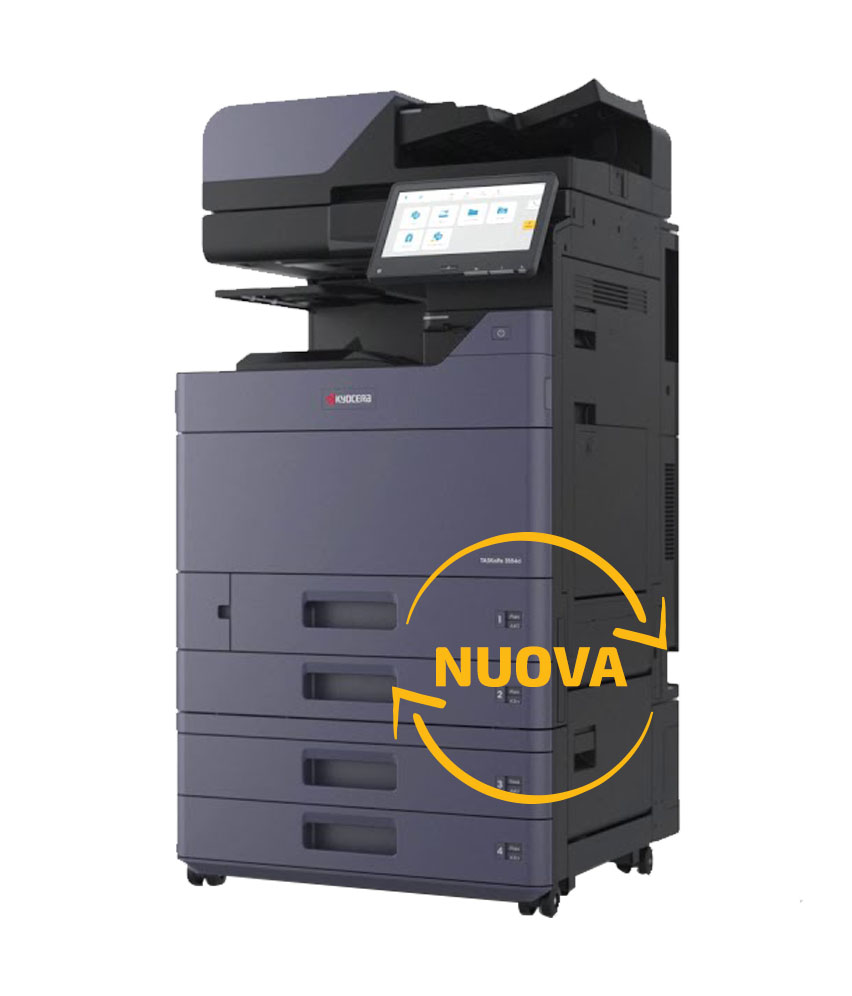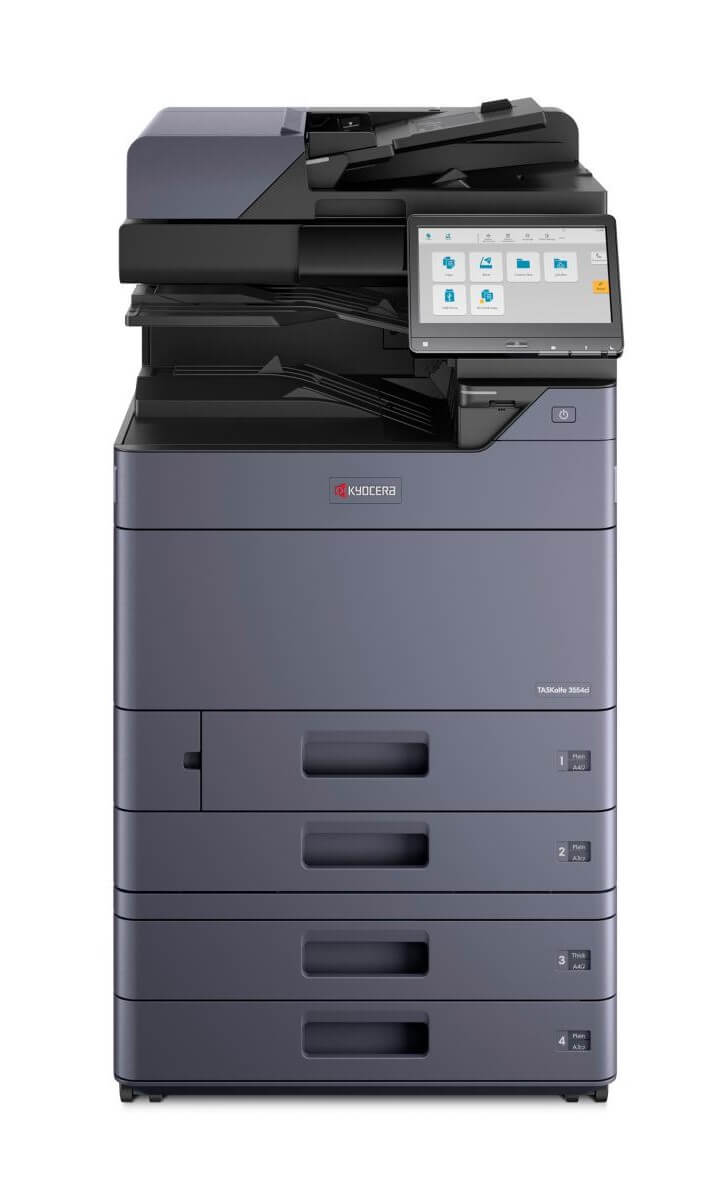
4pcs Cnappro Tk-8375 For Kyocera Taskalfa 2554ci 2554 Tk8375 Copier Cartridge Powder Reset - Cartridge Chip - AliExpress

H-two Excellent Dk8350 Compatible Drum Unit For Kyocera Taskalfa 2552ci 2553ci 2554ci 3252ci 3253ci 3554ci - Buy Drum Unit,Drum Unit For Kyocera 2552ci,Dk 8350 Drum Unit For Kyocera 2552 2553 2554 3252

Tk-8365 Tk-8365k Tk-8365c Tk-8365m Tk-8365y Toner Cartridge Chip For Kyocera Taskalfa 2554ci 2554 Ci Taskalfa2554 Powder Chips - Cartridge Chip - AliExpress

Kyocera Toner 1T02YPANL0 Standard Capacity TK8365 yellow | AXRO B2B Wholesale Online Shop: Ink Cartridges, Toner, IT-Hardware, PC Accessories and Peripherals




